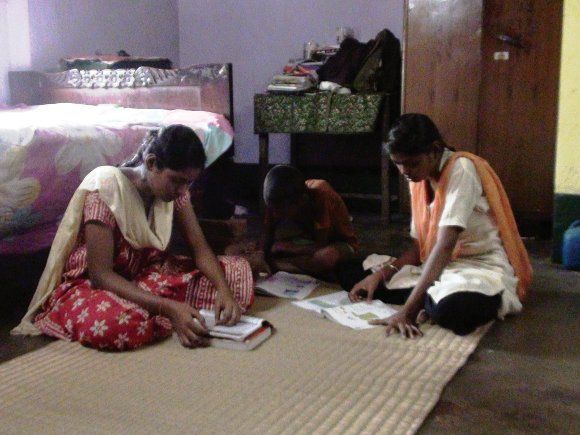When Anu Nayak turned 16 she knew that her life was going to change – and not for the better. Like her elder sister she too would be expected to drop out of school and perhaps like her she too would be eventually have to be okay with an early marriage.
Nayak was acutely aware of the fact that her misfortunes were directly linked to her family’s dismal financial situation. Her father, a municipal sweeper, in Midnapore town of Paschim Medinipur district in Bengal, would slog all day on the streets but come nightfall he’d squander his earnings on alcohol. Consequently, there was hardly any money left to keep the kitchen fires burning let alone fulfil any other need.
Being the daughter of a sanitation worker, who belongs to one of the most backward and outcast communities, depravation and discrimination had been an integral part of the teenager’s life for as long as she could remember. So naturally, she was mentally prepared to give up the ‘perk’ of schooling after which she knew she parents would start talking marriage. “In my community girls did not study beyond Class Five. Why would it have been any different for me?” she remarks.
The government scheme to rescue
Things, however, did turn out quite differently for Nayak and her sister, all because the West Bengal government launched the Kanyashree Prakalpa scheme that promises a one-time grant of Rs 25,000 to girls 18 years and above, who have remained unmarried to pursue an education or professional training.
Moreover, the initiative extends to all unmarried girls between 13 and 19 years with the state Department of Women & Child Development and Social Welfare providing them an annual scholarship of Rs 500.
When her mother got to know of this scheme she not only got Nayak’s sister re-enrolled into school but also gave up on the idea of pulling her out.
“My grandmother who earlier was insisting upon my sister’s marriage stopped insisting that my parents look for a groom. She realised we would be entitled to the cash benefit being given by the government. My sister Bharti and I have decided to continue with our education even after school with the money we receive,” says Nayak with a wide smile.
This conditional cash transfer scheme is one way in which young girls in Bengal can get a fair shot at enjoying their childhood and even securing their future. Indeed, neither the odds nor the statistics paint a favourable picture.
According to government data, out of the total number of 1.73 crore adolescents (10-19 years) in the state – incidentally, they make up 20 per cent of the population – 83 lakh, or 8.3 million, are girls. While children in this age group have a tremendous potential for physical and mental growth, they are also considerably vulnerable to falling victim to harmful social practices, particularly child marriage.

